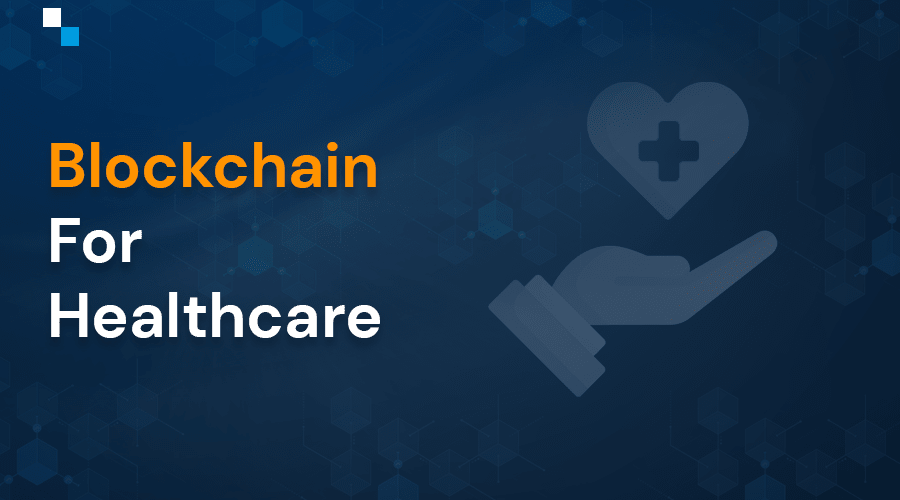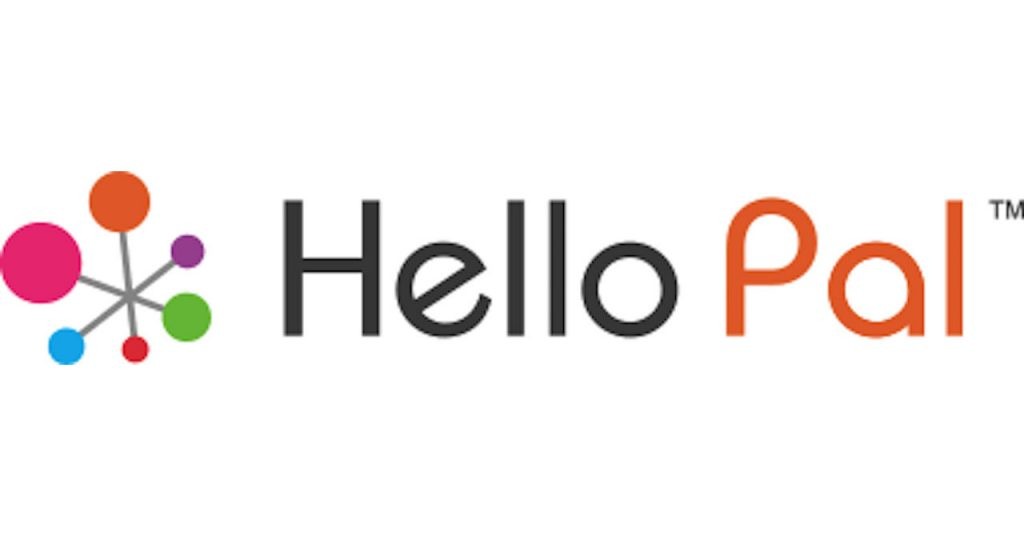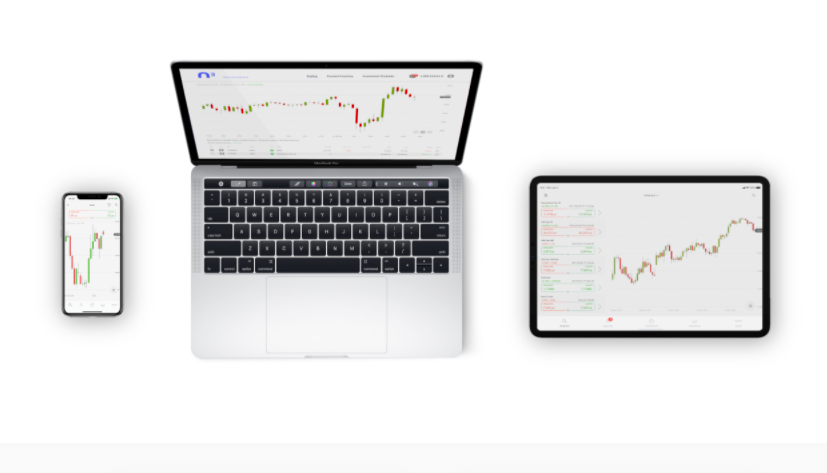Blockchain technology has emerged as a disruptive force across various industries, and the healthcare sector is no exception. With its decentralized and transparent nature, blockchain offers the potential to revolutionize healthcare systems, enhance data security, and improve patient outcomes. However, as with any innovative technology, ethical considerations need to be carefully addressed to ensure its responsible and ethical implementation. This article explores the ethical considerations surrounding the use of blockchain in healthcare and highlights its potential benefits and challenges.
Overview of Healthcare Industry
The healthcare industry is a complex ecosystem involving multiple stakeholders, including patients, healthcare providers, insurance companies, pharmaceutical companies, and regulatory bodies. It operates with vast amounts of sensitive data, ranging from patient health records to clinical trials and supply chain information. Ensuring the integrity, privacy, and security of this data is crucial for maintaining trust and delivering quality care.
The Potential of Blockchain in Healthcare
Blockchain technology offers several features that make it well-suited for the healthcare industry. Its decentralized nature eliminates the need for intermediaries, reduces administrative burdens, and enables secure and efficient data exchange. Blockchain can enable seamless interoperability between different healthcare systems, ensuring the continuity of care and enabling real-time access to patient information. Moreover, blockchain’s immutability and tamper-proof nature enhance data integrity, reducing the risk of fraud and enabling reliable audit trails.
Ethical Considerations in Healthcare
When implementing blockchain technology in healthcare, several ethical considerations must be taken into account:
- Data Privacy and Security: As healthcare data is highly sensitive, ensuring privacy and security is paramount. Blockchain’s distributed ledger technology can enhance data security by encrypting and decentralizing patient information. However, challenges remain in striking a balance between privacy and accessibility, as blockchain’s transparency conflicts with the need to protect sensitive patient data.
- Informed Consent and Patient Autonomy: Blockchain-enabled systems may require patients to provide consent for data sharing and use. Ensuring informed consent, transparency, and patient autonomy is essential in maintaining ethical standards. Patients should have control over their data and be adequately informed about how it will be used and shared.
- Transparency and Trust: Blockchain’s transparency can improve trust in healthcare by providing a verifiable and auditable record of transactions. However, transparency must be carefully balanced with the need for confidentiality, especially when dealing with sensitive health information. Clear guidelines and protocols are necessary to maintain trust and protect patient privacy.
- Equity and Accessibility: Blockchain has the potential to bridge gaps in healthcare by enabling secure and seamless data sharing. However, care must be taken to address potential biases in data collection and access. Ensuring equitable access to blockchain-enabled healthcare services is crucial to avoid exacerbating existing disparities in healthcare delivery.
Benefits of Blockchain in Healthcare
Blockchain technology offers several benefits in healthcare:
- Improved Data Integrity: Blockchain’s tamper-proof nature enhances the integrity and reliability of healthcare data, reducing the risk of data breaches and fraud.
- Streamlined Interoperability: Blockchain enables seamless data exchange between different healthcare systems, improving care coordination and patient outcomes.
- Enhanced Supply Chain Management: Blockchain can track and authenticate the entire supply chain of pharmaceuticals, reducing the risk of counterfeit drugs and ensuring patient safety.
- Efficient Claims Processing: Blockchain can automate and streamline insurance claims processing, reducing administrative costs and improving the efficiency of healthcare reimbursement.
Challenges and Limitations of Implementing Blockchain
While blockchain technology holds immense promise, several challenges and limitations need to be considered:
- Scalability: Blockchain’s current scalability limitations may hinder its widespread adoption in healthcare systems that process large volumes of data.
- Integration with Legacy Systems: Integrating blockchain with existing healthcare systems poses technical challenges and requires careful planning and coordination.
- Regulatory Uncertainty: The regulatory landscape surrounding blockchain in healthcare is still evolving. Clear guidelines and standards need to be established to ensure compliance and ethical use of the technology.
Legal and Regulatory Aspects
The implementation of blockchain in healthcare raises legal and regulatory considerations. Compliance with data protection regulations, such as the General Data Protection Regulation (GDPR) and Health Insurance Portability and Accountability Act (HIPAA), is crucial to safeguard patient privacy and data security. Regulatory frameworks need to address the unique characteristics of blockchain technology and provide guidance on its ethical implementation.
Case Studies Highlighting the Ethical Use of Blockchain in Healthcare

- Secure Patient Data Exchange: One prominent case study showcasing the ethical use of blockchain in healthcare is Estonia’s e-Health system. Estonia implemented a blockchain-based platform called “X-Road” to securely exchange patient health data between healthcare providers. This system ensures that patient data remains confidential, encrypted, and accessible only to authorized individuals, thereby upholding patient privacy rights and enabling seamless care coordination.
- Clinical Trial Transparency: Transparency and accountability in clinical trials are critical for ensuring patient safety and advancing medical knowledge. In 2017, the pharmaceutical company Pfizer collaborated with blockchain platform provider PokitDok to create a blockchain-based system called “MediLedger.” This initiative aimed to enhance transparency and traceability in the clinical trial supply chain. By utilizing blockchain technology, the system enables real-time tracking of drugs, ensuring the integrity of the supply chain and reducing the risk of counterfeit medications reaching patients.
- Supply Chain Integrity: Verifying the authenticity and provenance of pharmaceutical products is vital for patient safety. In Ghana, a blockchain-based initiative called “PharmaTrust” was implemented to combat the issue of counterfeit drugs. By leveraging blockchain technology, PharmaTrust tracks the movement of pharmaceutical products throughout the supply chain, from manufacturers to patients. This transparent and immutable record ensures that patients receive genuine medications, promoting ethical practices and safeguarding public health.
- Health Data Ownership and Consent: In Switzerland, a project called “MediBloc” utilizes blockchain technology to empower patients with ownership and control over their health data. MediBloc enables patients to store their medical records securely on the blockchain, granting them sole access and authority to share their data with healthcare providers. By giving patients control over their health information and requiring their informed consent for data sharing, MediBloc promotes patient autonomy and ethical data practices.
- Global Health Data Collaboration: The World Health Organization (WHO) initiated a blockchain project called “MiPasa” to enhance global collaboration and response during disease outbreaks, such as the COVID-19 pandemic. MiPasa utilizes blockchain to securely share and analyze health data from various sources while ensuring privacy protection. This initiative aims to foster cooperation among countries, facilitate early detection of outbreaks, and improve public health response strategies, all while maintaining ethical data handling practices.
The Role of Healthcare Professionals in Adopting Blockchain Technology
Blockchain technology has the potential to revolutionize the healthcare industry, and healthcare professionals play a vital role in its successful adoption and ethical implementation. As the primary caregivers and custodians of patient data, healthcare professionals can drive the responsible integration of blockchain technology into healthcare systems. Here are key roles they can fulfill:
1. Education and Awareness: Healthcare professionals need to stay informed about the potential benefits, risks, and ethical implications of blockchain technology. They should actively seek opportunities for education and engage in discussions to understand how blockchain can improve healthcare delivery, data security, and patient outcomes. By staying updated, healthcare professionals can effectively advocate for the responsible adoption of blockchain.
2. Collaborative Decision-Making: Healthcare professionals should actively participate in collaborative decision-making processes involving the integration of blockchain technology. They can contribute their expertise and insights to ensure that ethical considerations, patient privacy, and data security are prioritized. By actively engaging in discussions with technologists, policymakers, and other stakeholders, healthcare professionals can shape the development and implementation of blockchain solutions in healthcare.
3. Patient Education and Consent: Healthcare professionals have a responsibility to educate patients about the potential benefits and risks of blockchain technology. They should explain how it can impact the privacy and security of their health information. Informed consent should be obtained from patients before their data is shared or stored on blockchain platforms. Healthcare professionals should ensure that patients understand how their data will be used, who will have access to it, and the measures in place to protect their privacy.
4. Integration with Clinical Workflows: Healthcare professionals play a critical role in the seamless integration of blockchain technology into clinical workflows. They should provide input and feedback during the design and implementation phases to ensure that blockchain-enabled systems are user-friendly, efficient, and aligned with existing healthcare processes. By actively participating in the development and testing of blockchain solutions, healthcare professionals can ensure that these technologies enhance rather than disrupt clinical workflows.
5. Ethical Use of Data: Healthcare professionals have an ethical duty to protect patient data and ensure its appropriate use. When utilizing blockchain technology, they should adhere to ethical guidelines and regulatory requirements, such as patient consent, data anonymization, and compliance with data protection regulations. Healthcare professionals should advocate for the responsible and ethical use of blockchain technology, prioritizing patient privacy, autonomy, and confidentiality.
Conclusion
Blockchain technology holds immense potential for transforming the healthcare industry. However, ethical considerations should be at the forefront of its implementation to ensure patient privacy, data security, transparency, and equity. Addressing challenges related to data privacy, informed consent, transparency, and accessibility will pave the way for responsible and ethical use of blockchain in healthcare.
FAQs
Can blockchain technology completely eliminate data breaches in healthcare?
While blockchain technology enhances data security, it is not immune to all forms of data breaches. Proper implementation, encryption, and cybersecurity measures are still essential to mitigate risks.
How can blockchain improve clinical trial transparency?
Blockchain can create an immutable and transparent ledger of clinical trial data, ensuring that trial results are accurate, accessible, and trustworthy.
What role do patients play in the blockchain-enabled healthcare ecosystem?
Patients have the right to control their data and provide informed consent for its use. Blockchain can empower patients by giving them secure access and control over their health information.
Are there any legal implications of using blockchain in healthcare?
Yes, implementing blockchain in healthcare requires compliance with existing data protection regulations, such as GDPR and HIPAA. Legal frameworks need to adapt to the unique characteristics of blockchain technology.
How can healthcare professionals stay updated with blockchain advancements?
Healthcare professionals can attend conferences, workshops, and webinars focusing on blockchain in healthcare. Staying connected with industry experts and engaging in collaborative discussions is crucial for ongoing learning.




